Iran Rejects US Nuclear Talks as UAE Delivers Trump’s Letter
Khamenei Dismisses Negotiations, Warns of Retaliation Against Potential Strikes
Iran’s Supreme Leader, Ayatollah Ali Khamenei, has rejected the possibility of negotiations with the United States over its nuclear program, following Tehran’s confirmation of receiving a letter from former US President Donald Trump.
Trump stated last week that his letter proposed discussions on a new agreement to prevent Iran from acquiring nuclear weapons and to avoid potential military conflict. However, despite acknowledging that he had not personally seen the letter—delivered via an official from the United Arab Emirates—Khamenei dismissed it as a “deception of public opinion.”
“What is the point of negotiating when we know they will not honor their commitments?” Khamenei questioned, referencing Trump’s 2018 withdrawal from the 2015 nuclear deal, officially known as the Joint Comprehensive Plan of Action (JCPOA).
He further warned that any military strike against Iran’s nuclear facilities would be met with a forceful response.
“Iran does not seek war, but if the Americans or their allies make a mistake, our retaliation will be swift and decisive. The biggest loser in such a scenario will be the United States,” he said.
Tensions Over Iran’s Nuclear Capabilities
Khamenei reiterated that Iran has no interest in nuclear weapons, despite growing concerns from the US and its allies. A decade ago, Iran reached a historic agreement with six world powers—China, France, Germany, Russia, the UK, and the US—placing strict limitations on its nuclear activities in exchange for relief from economic sanctions.
However, Trump unilaterally withdrew the US from the deal in 2018, calling it "the worst deal in history" and reinstating heavy sanctions on Iran. In response, Iran began progressively violating key terms of the agreement, particularly those related to uranium enrichment.
According to a recent report by the International Atomic Energy Agency (IAEA), Iran has stockpiled nearly 275kg (606lb) of uranium enriched to 60% purity—just below the 90% threshold needed for weapons-grade material. Experts estimate that this amount, if further enriched, could be sufficient for six nuclear bombs.
Both the US and Israel have warned that they will not allow Iran to obtain nuclear weapons. Israel has repeatedly threatened military action against Iranian nuclear facilities and has previously carried out strikes targeting parts of Iran’s nuclear program.
Trump’s Stance on Diplomacy or Military Action
In a televised interview last Friday, Trump stated that Iran’s nuclear ambitions could be addressed through diplomacy or military action.
“There are two ways to handle Iran: militarily, or by making a deal. I would prefer a deal because I don’t want to harm Iran—they are great people,” Trump said.
He confirmed that he had sent a letter urging Iran to engage in negotiations. “I told them, ‘I hope you’re going to negotiate,’ because if we have to act militarily, it will be devastating for them,” he added.
While the White House has not disclosed the letter’s contents, Iran’s Foreign Ministry confirmed that it was delivered by UAE presidential adviser Anwar Gargash to Iranian Foreign Minister Abbas Araqchi.
Despite Khamenei’s outright rejection of talks with the US, Iran’s mission to the United Nations later indicated a willingness to engage in discussions under certain conditions. A statement on Sunday suggested Iran might consider talks if they aimed to address concerns regarding “any potential militarization” of its nuclear program.
Meanwhile, diplomatic discussions remain ongoing between Iran and European signatories of the JCPOA—namely the UK, France, and Germany. China also confirmed that it would hold a trilateral meeting with Iran and Russia in Beijing on Friday to discuss the Iranian nuclear issue.

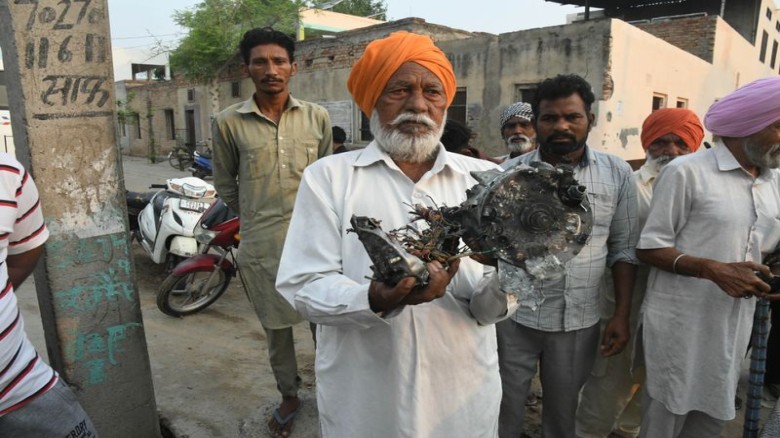
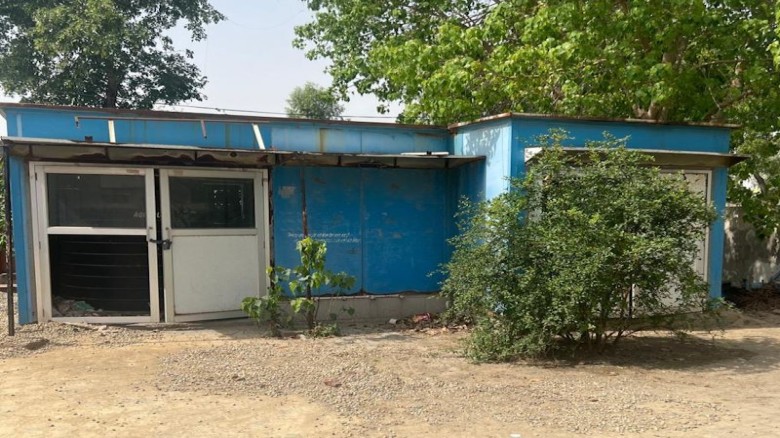

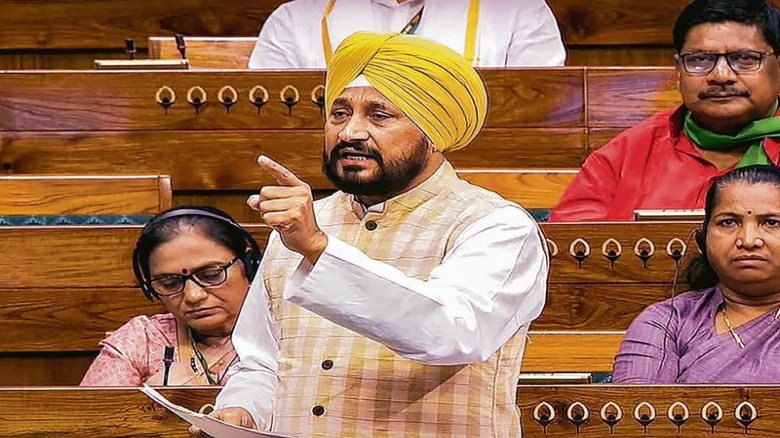
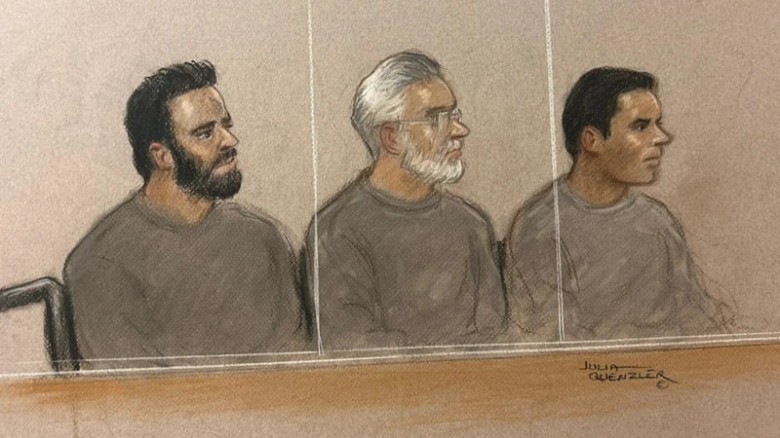



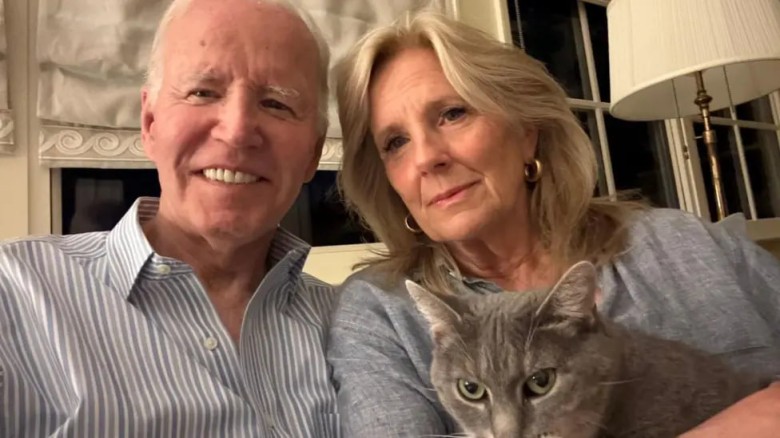
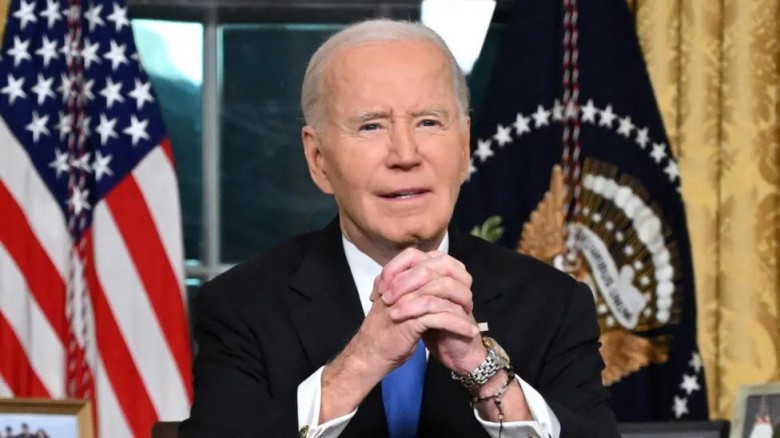
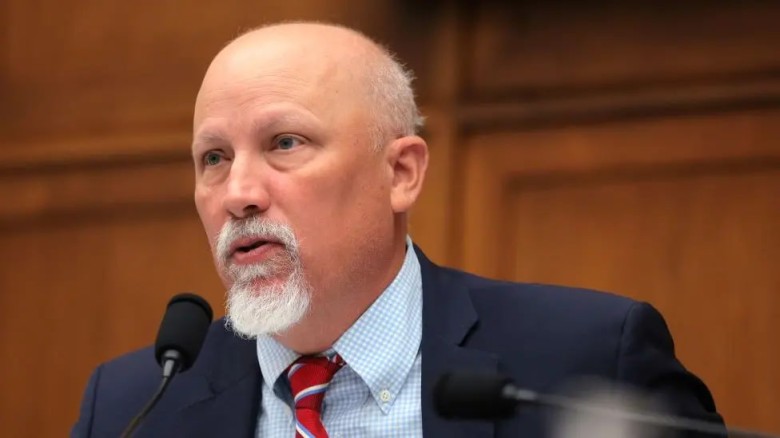
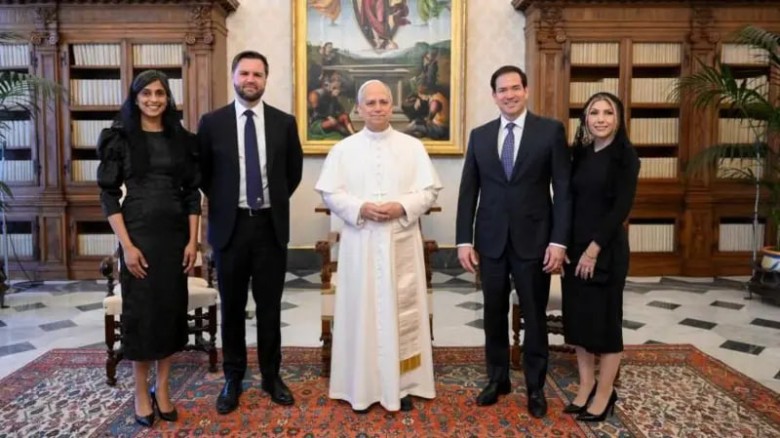




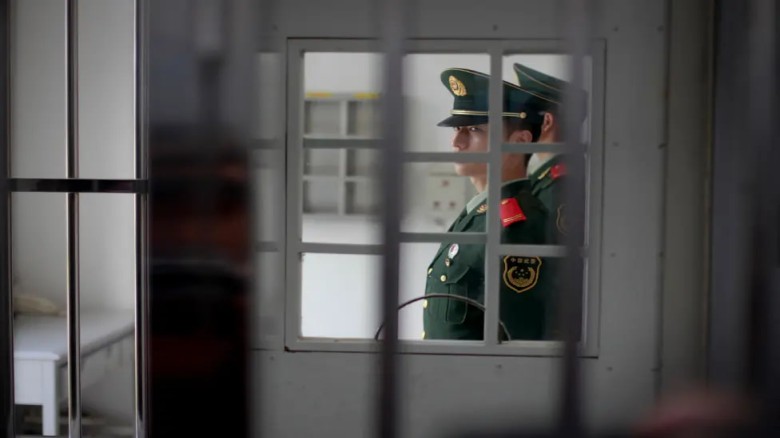

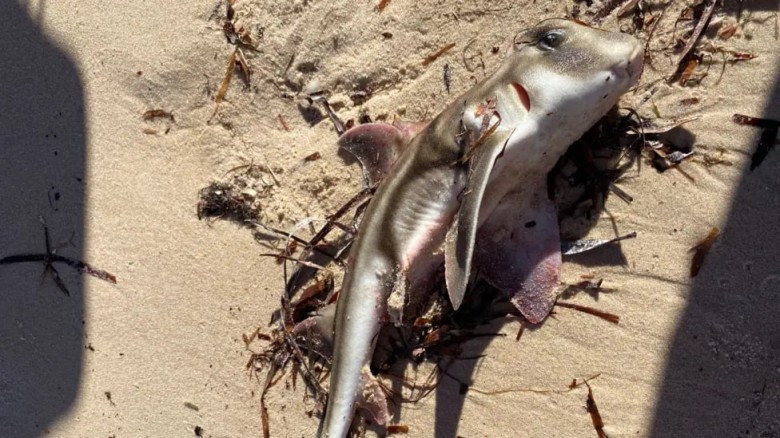

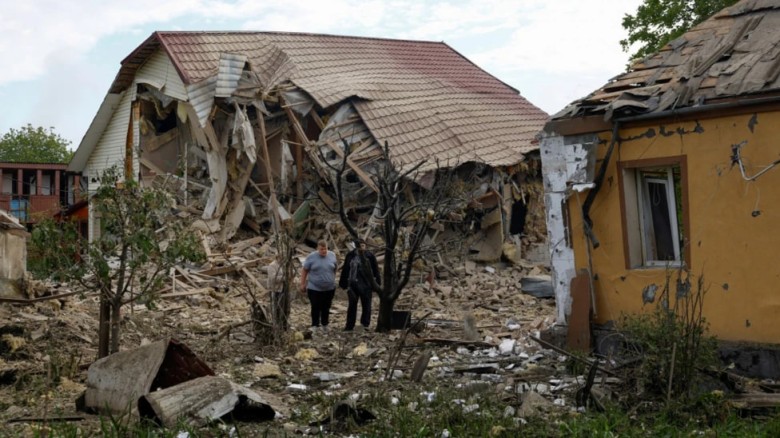
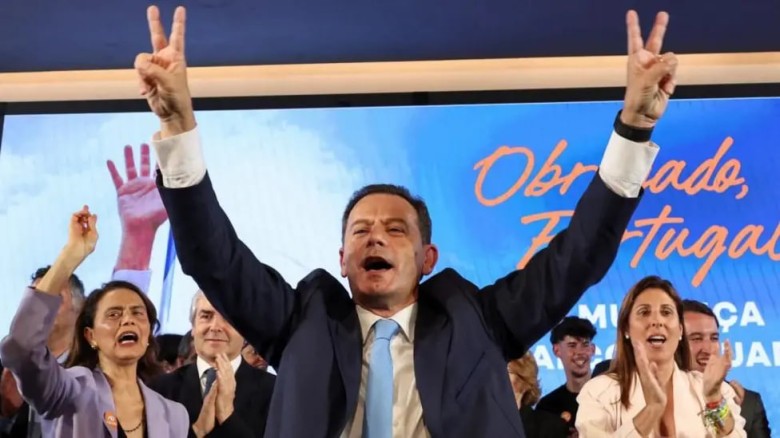
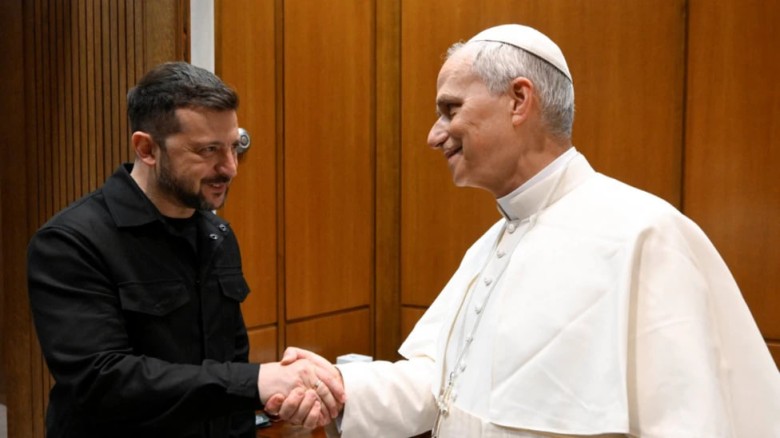
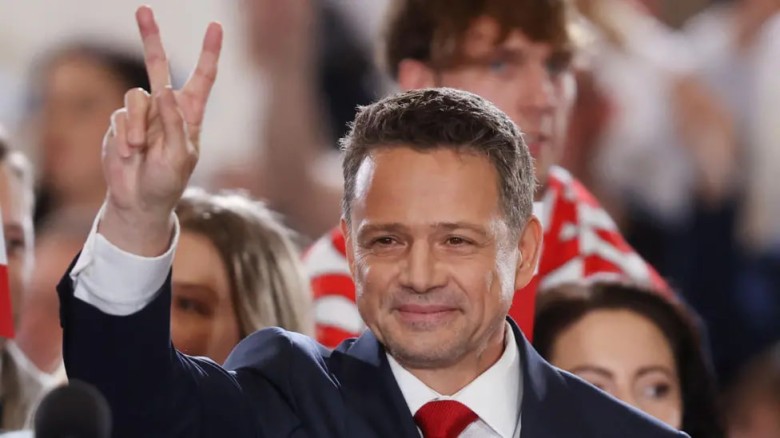
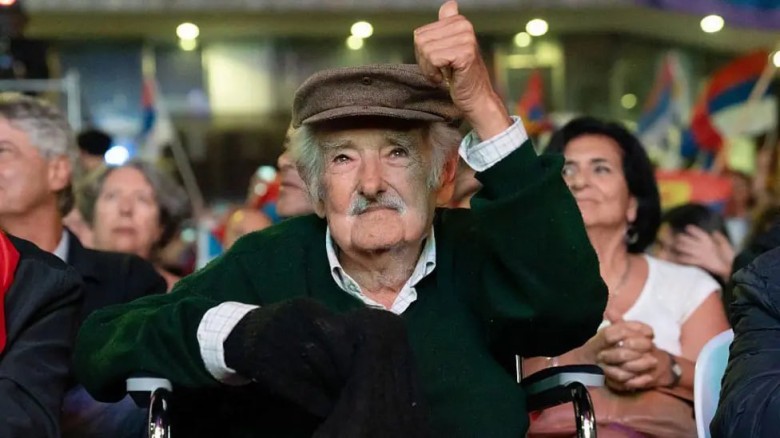
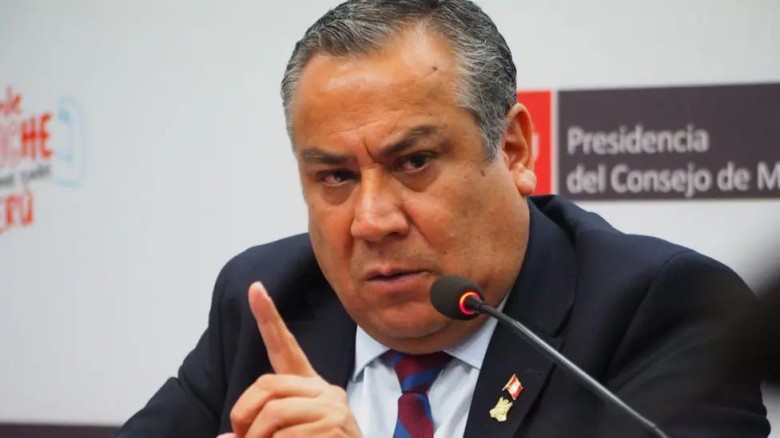

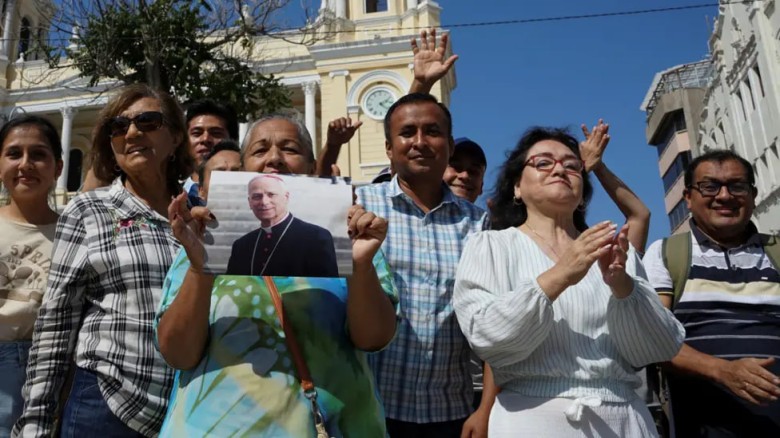











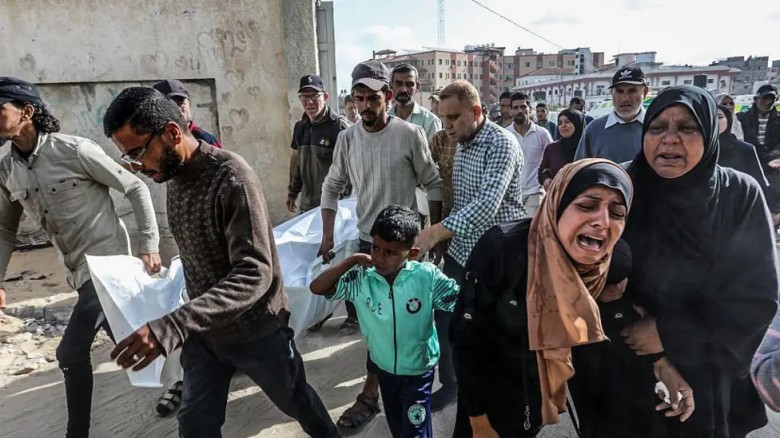








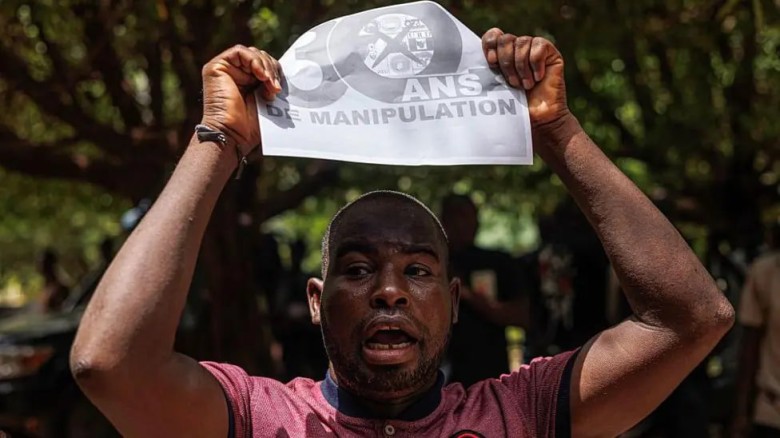
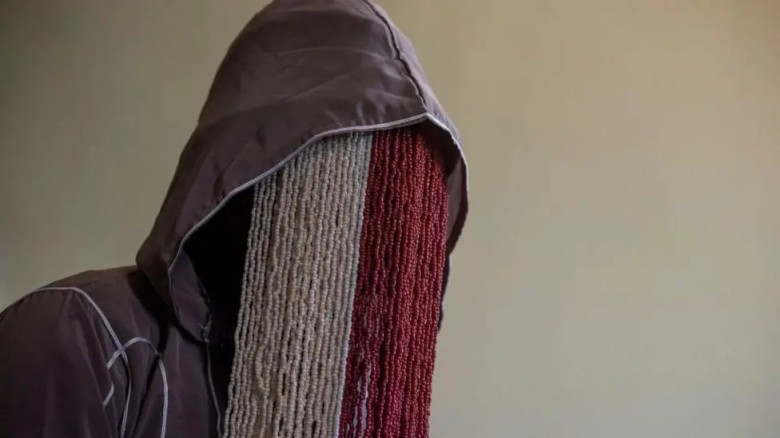

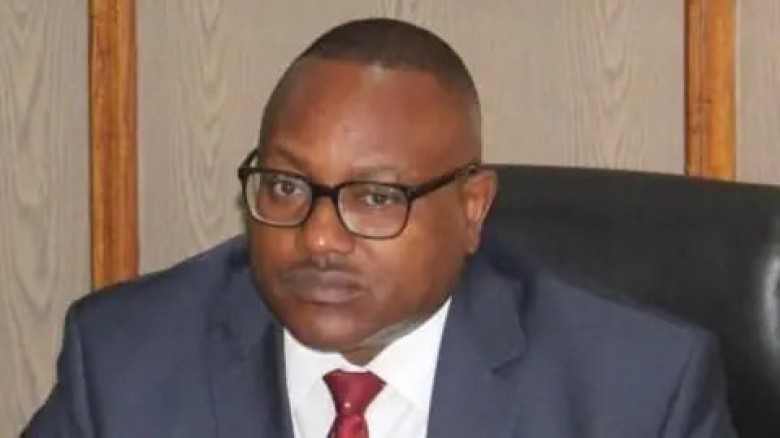

















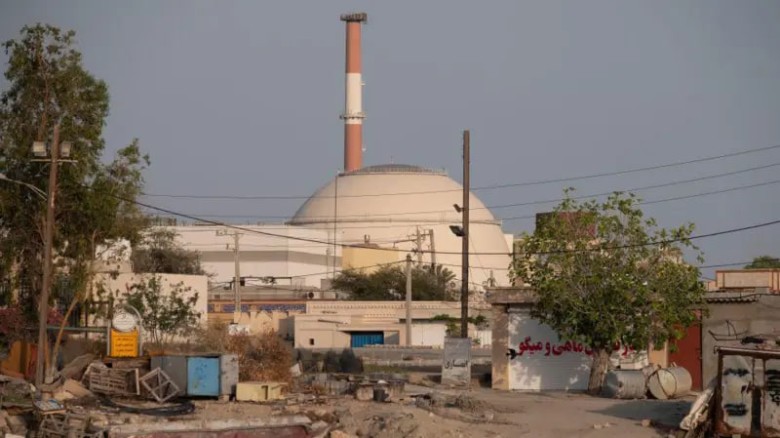


Leave A Comment